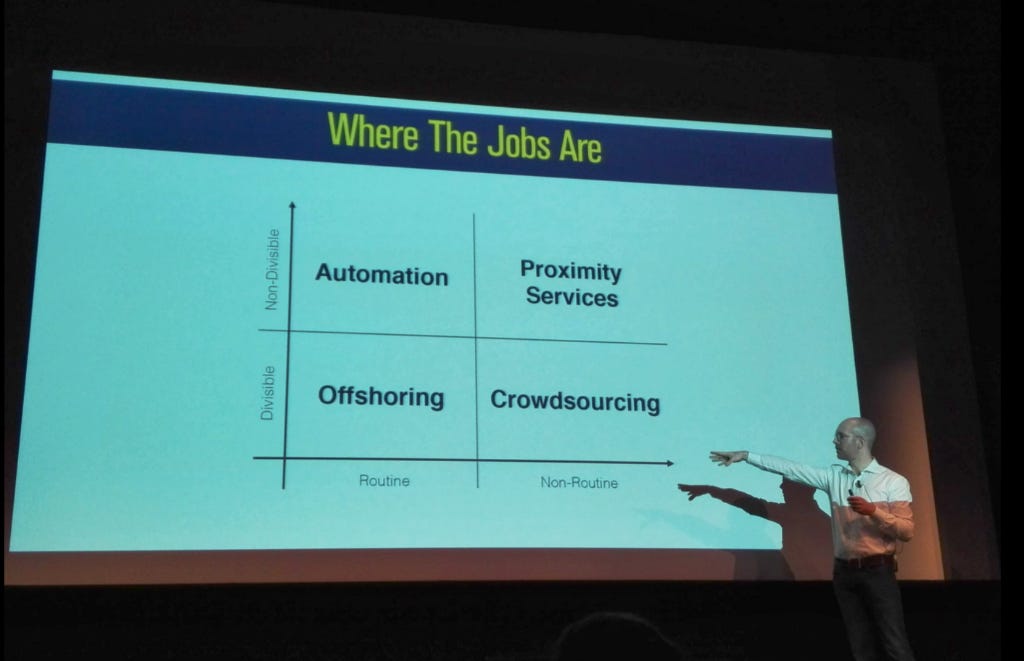Dear all,
It looks like the days of borders have come again. For a long period after World War II, free trade and low barriers contributed to sustaining an unprecedented level of shared prosperity. Now with Brexit, Trump’s election and the looming crisis in the Eurozone, we’re witnessing what William Janeway has called the 'Retreat from Hyper-Globalization’. Growing anger in Western electorates, a wider inequality gap and the rise of economic insecurity are leading to the end of international trade as we knew it.
On that path, the biggest countries are somewhat blinded by their own size, with their larger domestic market and diversified industries providing them with the illusion that they can go it alone in a divided world. Meanwhile, smaller territories are working harder on their strategic positioning to try and make the most of the new context. With a characteristic sense of urgency and cohesiveness, tiny states and dense cities are more prone to understanding the shifts in the global economy and taking action on that basis.
This is the topic I covered last Thursday as I spoke in front of the National Convention of Services in Lisbon, Portugal. I delivered three key messages to the audience. First, the Entrepreneurial Age will create many jobs, only these jobs will be located less in manufacturing and traditional services than in proximity services—what Terrence Rohan of Index Ventures calls the 'Village Economy’. Second, economic growth will be sustainable and inclusive only if we imagine the social and economic institutions to empower and secure individuals in an open and connected world. Third, smaller countries will find it easier to achieve strategic positioning in a more entrepreneurial economy.
Drawing lessons from history, I’m now convinced countries such as Portugal should convert to the practice of old maritime empires and master the Internet like the Republic of Venice once mastered the sea. Indeed, the ancient model of the thalassocracy emerges as a useful precedent to better understand the competitiveness of nations. In the Entrepreneurial Age, what matters is less the enclosed land than the wider sea; less asset ownership than the mastery of non-appropriable resources; and less the crown than the entrepreneurs and financiers that the state brings along in its effort to conquer and secure new trade routes.
I just completed the latest chapter in my new book ‘HEDGE’ and it’s dedicated to that topic. Here’s an overview and related readings: Can Liberals Respond to a Globalized World?
Also, I’ve recently published two more notes about business strategy:
Warm regards,
Nicolas




